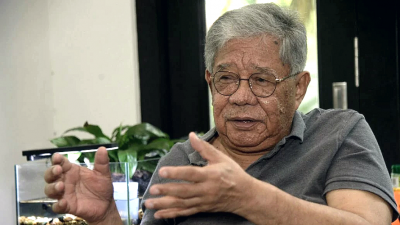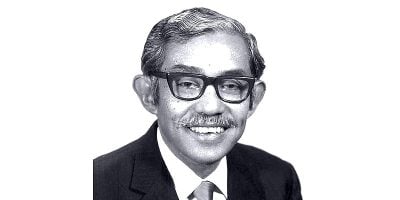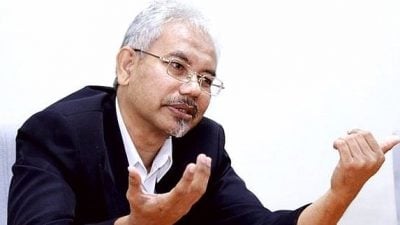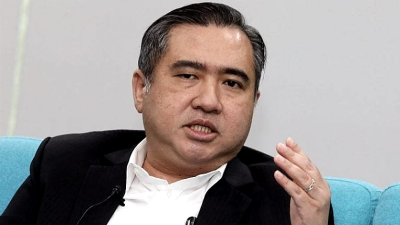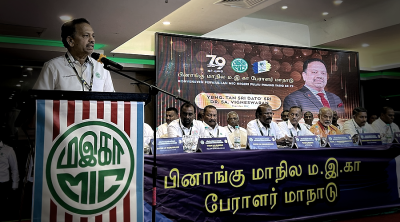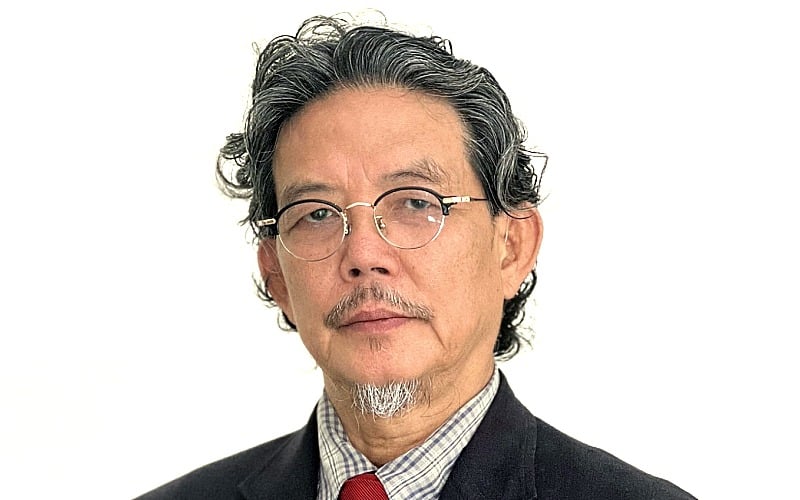
There are many things to say about Tun Dr. Ismail Abdul Rahman, truly one of the founding fathers of Malaysia.
Without a doubt, The Reluctant Politician: Tun Dr Ismail and His Time, published by ISEAS Publishing in 2006, brought him back into the country’s political consciousness in a big way.
This is thanks to many happy circumstances and to many willing supporters of this revival of the man’s reputation.
The fact that he could have been so much a forgotten hero 30 years after his death, when I started work on the book, tells us many things about Malaysian political culture, none of them flattering.
As fortune would have it, Ismail was one of the few leaders who actually took notes.
Apart from his unfinished memoirs published by ISEAS Drifting into Politics 2015, he wrote reports back to the prime minister during the 17 months he was ambassador to the US and the United Nations, in 1957-59.
These were published, also by ISEAS, as Malaya’s First Year at the United Nations: As Reflected in Dr. Ismail’s Reports Home to Tunku Abdul Rahman.
This discipline of taking notes, though not clearly obvious in some doctor politicians, was treasured by Ismail.
In fact, he complained often about how he did not have time to write more when he was in government.
These three books reveal much of what the man was, why he was important to the governance of Malaysia until his death in 1973, and why he stands as an inspiration for the post-2020 generation in Malaysia.
Born with a heart ailment, he valued physical exercise.
His medical training was done in Singapore initially, and then at Queens College in Melbourne.
The war left him stranded in Australia, but he made good use of his time working as a doctor there.
Of the first generation of leaders, he was indeed the only one to have spent so much time as a young man in Australia—and not Britain, as most of the others did.
He loved the wide open spaces and the more down-to-earth and egalitarian public discourses which he experienced during those years.
His childhood in Johor Bahru provided him with a very multicultural sense of society, aided by the fact that his family was one of the most educated in town.
He knew the Kuok brothers well, and Philip and Robert would remain his best friends throughout his life.
Robert Kuok would say of him much later in his life, in 2006, that Ismail “was a lovely man with strength of character, high principles, and a great sense of fairness. In my opinion, he was probably the most non-racial, non-racist Malay I have met in my life… Every Malay colleague feared him… including Mahathir.”
Never one to stand fools, his career in government saw him being considered a formidable, decisive and fair person.
Driven by a work ethic for exactitude and efficacy, he chose politics instead of medicine because he felt that his talents were needed there. Medicine had to wait.
Apparently, his temper and his impatience with incompetence and dishonesty in others, it seemed, would not have made the medical practice he started in Johor Bahru very lucrative.
Tun Dr. Ismail said after the May 13 incident that “a powerful government is one that is not afraid to practice democracy.”
A loyalist to Tunku Abdul Rahman, and highly respected by the latter for his principled stance on most matters, Ismail was often seen in the 1960s, together with the old man and his deputy Tun Abdul Razak Hussein, as the three most powerful men in Malaysia.
Lee Kuan Yew, who did not have patience for or faith in Umno’s leaders, would often repeat that the only Malay leader he trusted was Tun Dr. Ismail Abdul Rahman.
In turn, Ismail said of Kuan Yew as “very deliberate, and calculates every move he wants to make.”
Ismail introduced golf for his meetings with Kuan Yew and Goh Keng Swee.
Golf inspired Ismail to perceive and describe the comprehensive affirmative action program imposed under the Second Malaysia Plan in 1971, the New Economic Plan, as a system where handicaps had to be given in order for newcomers to the modern economy to participate, and to slowly diminish their handicap points.
To this end, he argued for a 20-year limit to the NEP for fear that it would otherwise turn into a divisive and counter-productive policy.
His great sacrifice to his country in the end was his return to lead the Home Affairs Ministry in 1969.
His retirement in 1967 had been in a sense an expression of his reluctance to go into politics. Now, he wished to spend time with his family, maybe finally earn something substantial as a doctor and as board member of certain corporations, and start being a doctor for good.
The country was in chaos after the racial rioting of May 13, 1969, and his authoritative figure and his reputation as a tough but fair minister was sorely needed.
Indeed, he was long remembered for stating on television as a warning to the future that “democracy is dead” in Malaysia.
At the same time, he was also the one who said in July 1969 that “a powerful government is one that is not afraid to practice democracy.”
Prime Minister Razak made him his deputy in September 1970, and the two would share the painful fate of knowing that one or the other might suddenly die in office.
Ismail’s heart failed him on August 2, 1973 while he was the acting prime minister.
Two and a half years later, Razak passed away from leukemia.
To honor his able deputy, Razak saw to it that Ismail was buried at the country’s State Mausoleum.
In memory of Tun Dr. Ismail Abdul Rahman:
- Professor Dr. Mohd Tajuddin Mohd Rasdi: In the shadow of a true Malaysian… Tun Dr. Ismail Abdul Rahman in memoriam
- Mohsin Abdullah: The man who saved Malaysia
- Ooi Kee Beng: Tun Dr. Ismail — respected and feared for the right reasons
- Malaysia needs more ‘color blind’ leaders: Tawfik
- Not just Tanah Melayu
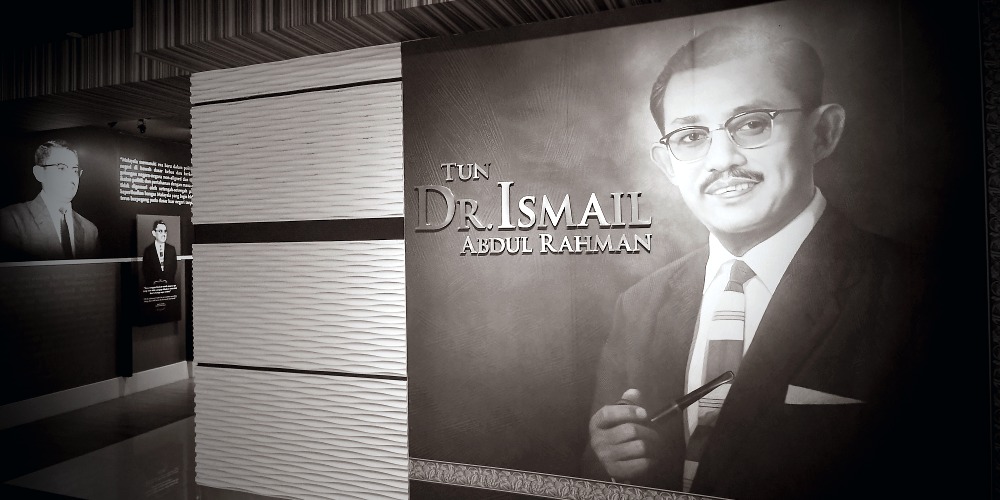
(Datuk Dr. Ooi Kee Beng is Executive Director of Penang Institute and the author of The Reluctant Politician: Tun Dr. Ismail and His Time, winner of the “Award of Excellence for Best Writing Published in Book Form on Any Aspect of Asia (Non-Fiction)” at the Asian Publishing Convention Awards 2008.)
ADVERTISEMENT
ADVERTISEMENT






